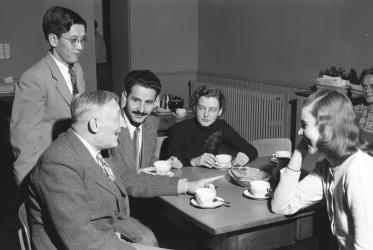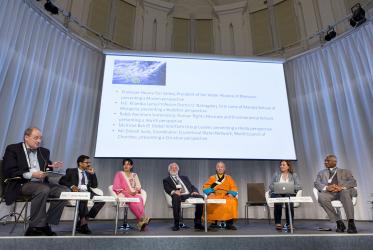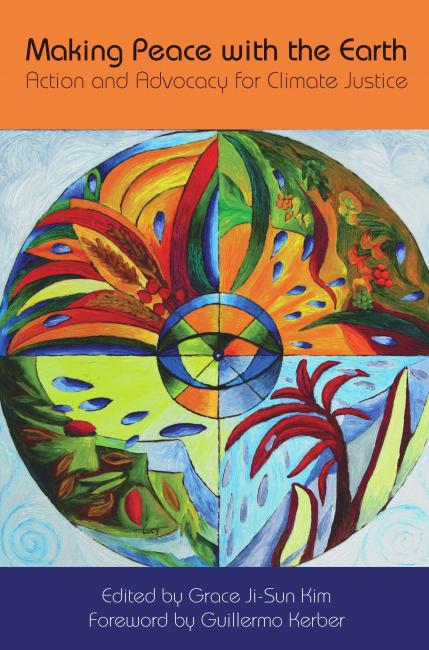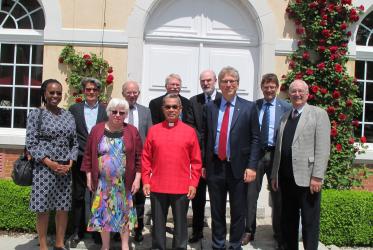Displaying 141 - 160 of 247
06 October 2016
Tveit offers input at religion and development meeting
03 October 2016
Bossey anniversary commemorates 70 years of heartfelt dialogue
28 September 2016
Hielke Wolters: Apostle of mission strategies
01 August 2016
In Ghana, women bring open minds, honest words
05 July 2016
Panel discussion fields ideas on European identity
26 April 2016
WCC conference explores ecological injustice in Uganda
21 April 2016
Catholic-WCC group pursues new mandate
13 April 2016















